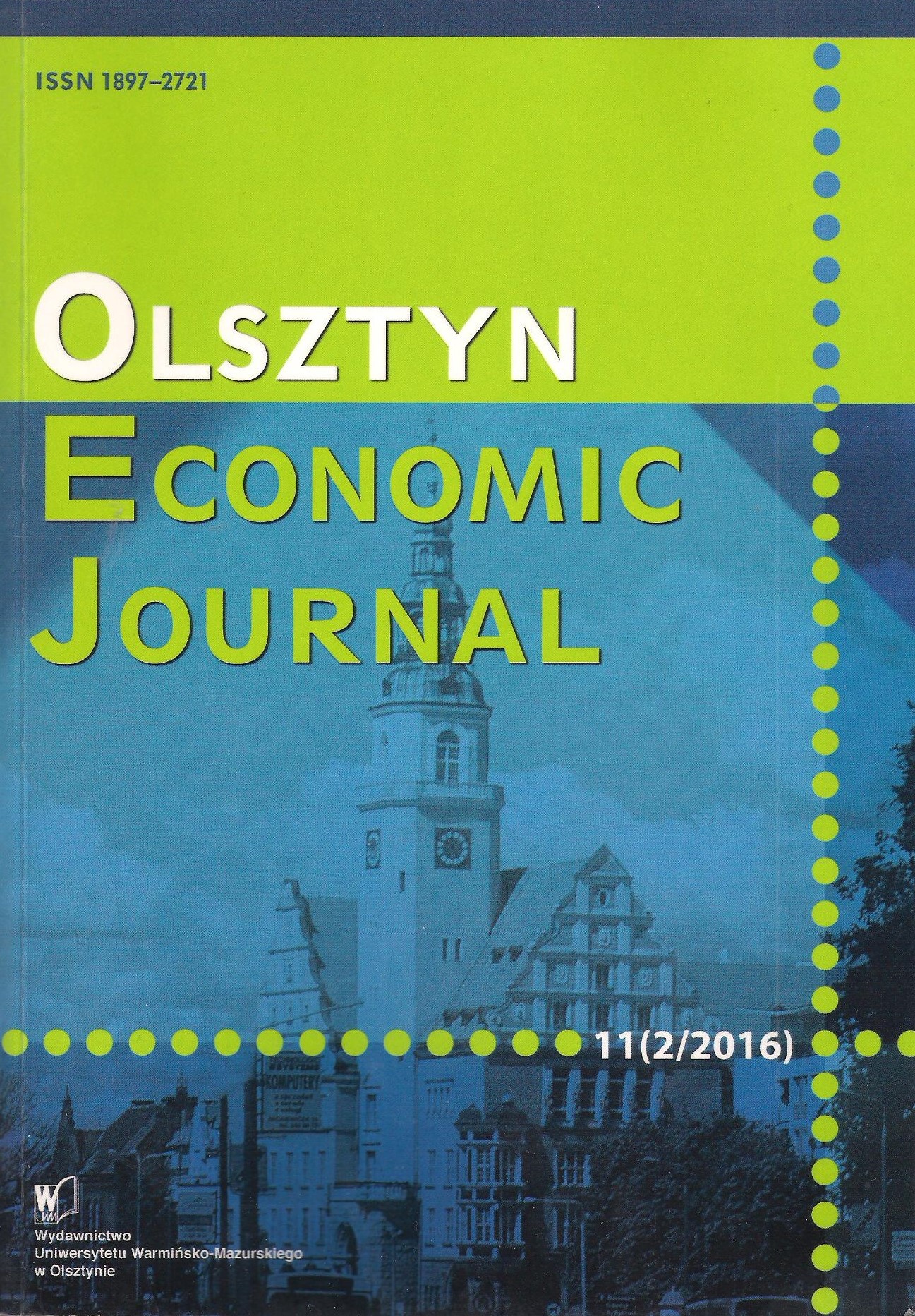The Franco-German Alliance and Its Role in the Process of European Monetary Integration, 1944–2010 – Lessons for Today
The Franco-German Alliance and Its Role in the Process of European Monetary Integration, 1944–2010 – Lessons for Today
Author(s): Dimitrios SyrrakosSubject(s): Economy, National Economy, Financial Markets
Published by: Wydawnictwo Uniwersytetu Warmińsko-Mazurskiego w Olsztynie
Keywords: Franco-German alliance; EU institutions; EMU debt crisis
Summary/Abstract: The aim of this paper is to assess the evolution of the Franco-German alliance and the likely directions in its development. In particular, the question of whether the two countries’ closerelationship would survive the current economic and political obstacles is addressed. Emphasis is, placed on the way the alliance facilitated the creation of European Monetary Union. Therefore, the signing of the Treaty of Rome, the establishment of the European Monetary System, the creation of the Single European Act and the Maastricht Treaty are evaluated within this perspective. An underlying assumption throughout the analysis is that the prospects of the alliance and EMU will proceed in tandem. If the alliance continues to evolve successfully then the process of European economic integration will also progress, whereas if the two countries relations increasingly attenuate then the process of economic integration would at best stagnate. The main conclusion is that, following the Eurozone debt crisis the Franco-German alliance has been, replaced by “German Hegemony”. This has rendered the main driving force of the European Union ineffective and as such has undermined the evolution of its institutions.
Journal: Olsztyn Economic Journal
- Issue Year: 11/2016
- Issue No: 2
- Page Range: 119-136
- Page Count: 17
- Language: English

